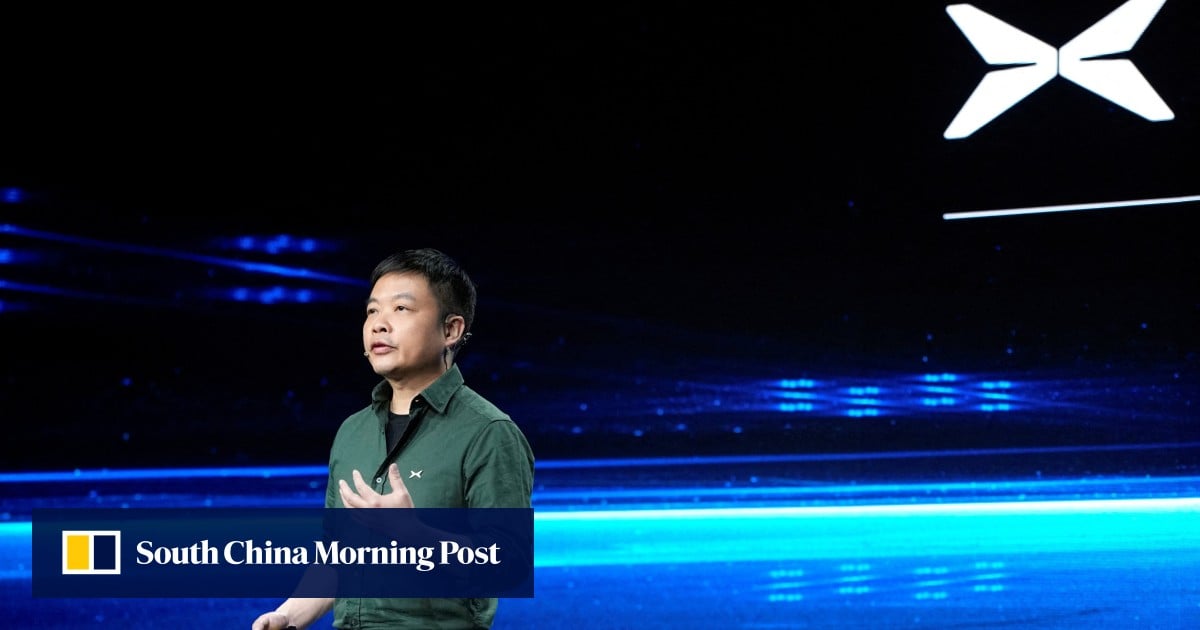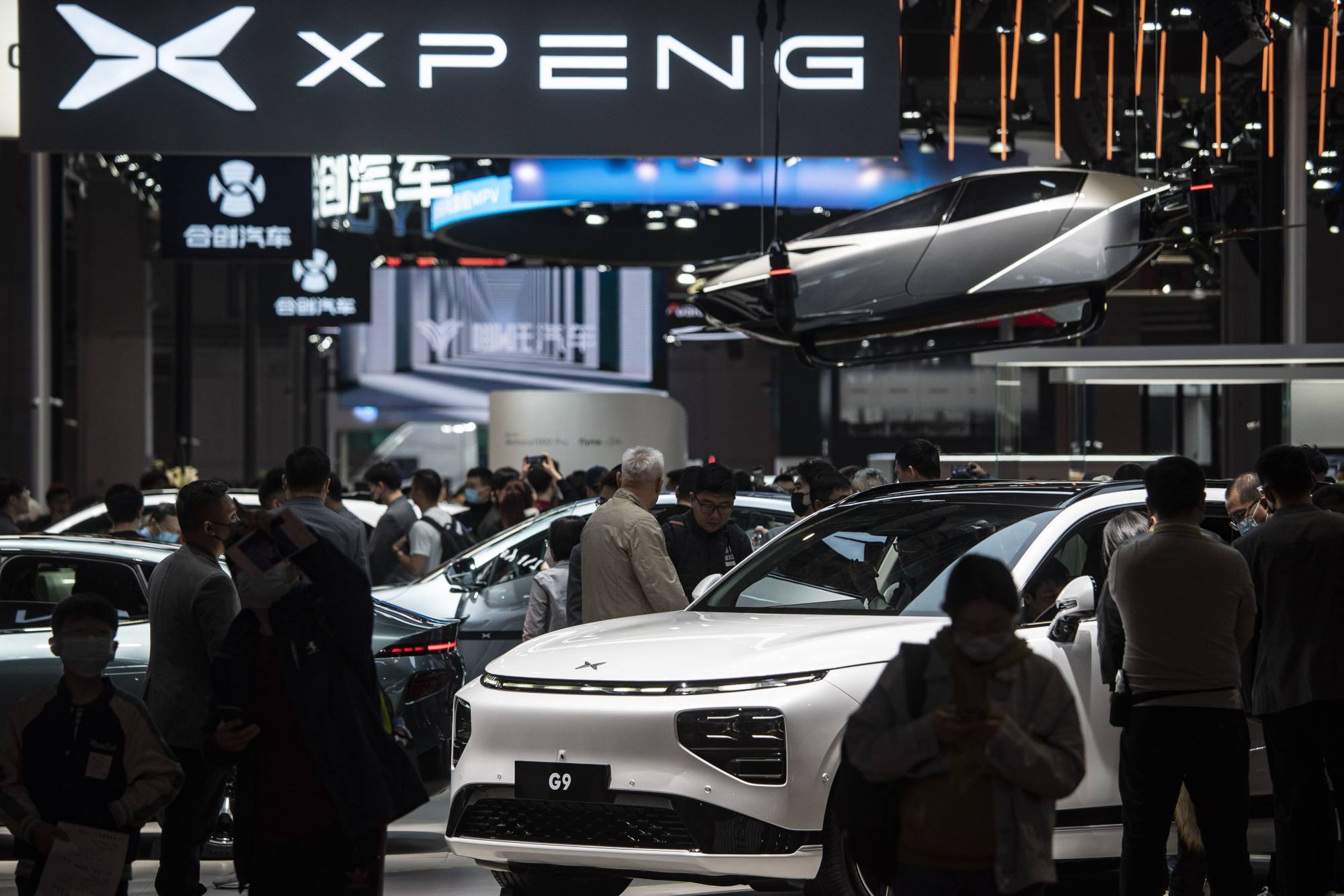
20 Feb Chinese EV maker Xpeng unveils capex blitz as it sees no let-up in market bloodbath
The letter goes on to say that 30 new models will be launched by the company over the next three years. Xpeng confirmed the contents of the letter.

According to calculations made by media outlet China Business News in September, at least 15 EV start-ups, with a combined annual production capacity of 10 million units, had either collapsed or were on the brink of insolvency as fierce price-cutting in a bid for market share, drove participants out of the industry. This compares with the 8.9 million EVs sold in mainland China last year. Still, the estimated manufacturing capacity of the sector is an imposing 20 million.
While the growth pace has been frenetic so far – last year’s sales grew by 37 per cent year on year, signs of a slowdown are worrying carmakers with Fitch Ratings predicting sales will expand by only 20 per cent in the current year.
Chinese EV builders Li Auto, Xpeng and Nio get 2024 off to a slow start
Chinese EV builders Li Auto, Xpeng and Nio get 2024 off to a slow start
China is the world’s largest automotive and EV market, with sales of battery-powered cars accounting for about 60 per cent of the global total, as the government pushes ahead with its ambition to achieve carbon neutrality by 2060.
The ambitious plan by Xpeng, one of China’s top electric car makers, adds to evidence that the mainland EV market, already facing overcapacity, is set to see a shakeout this year as some small and underachieving players are forced to down their shutters.
“Only big players with products and technologies affordable to consumers can survive the cutthroat market,” said Cao Hua, a partner at Shanghai private-equity firm Unity Asset Management. “Xpeng, as one of the market leaders, is under pressure to strengthen research and development capability as well as improve sales.”
The letter said two new platforms will commence production later in the year. One will focus on developing and building mass-market electric cars priced at about 150,000 yuan, while the other will target premium models, sporting a price tag of more than 300,000 yuan.
Of the three, only Li Auto has turned a profit, because its high-end sport-utility vehicles are popular with China’s affluent consumers.
Xpeng’s Navigation Guided Pilot (X NGP) software offers its cars limited autonomous-driving capability, and it can navigate the streets of China’s top cities, such as Beijing and Shanghai. It is similar to Tesla’s Full Self-Driving (FSD) system. The FSD has not been approved by Chinese authorities and is not available in Tesla vehicles sold in the country.
The CEO said artificial intelligence is a key area of investment, designed to make its EVs more efficient, convenient, and accessible.
